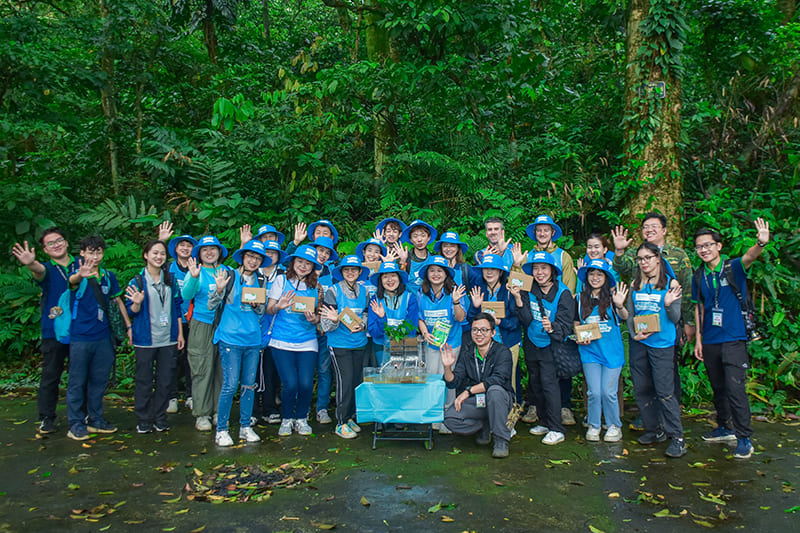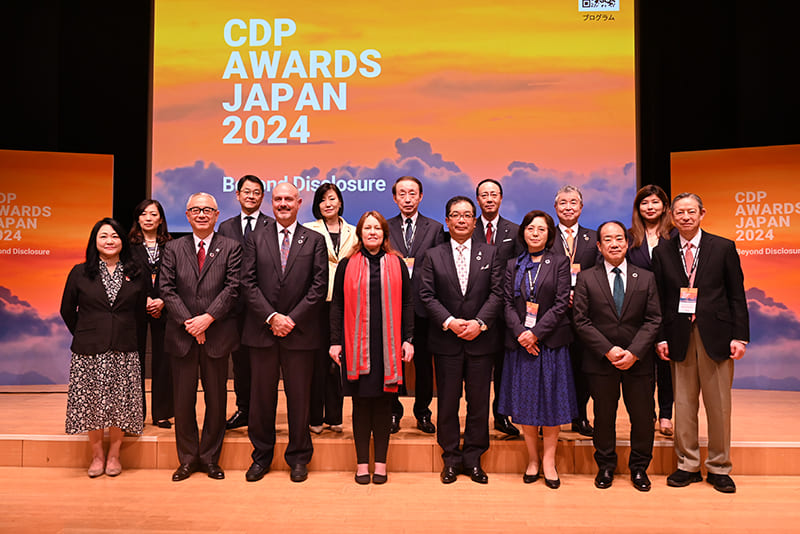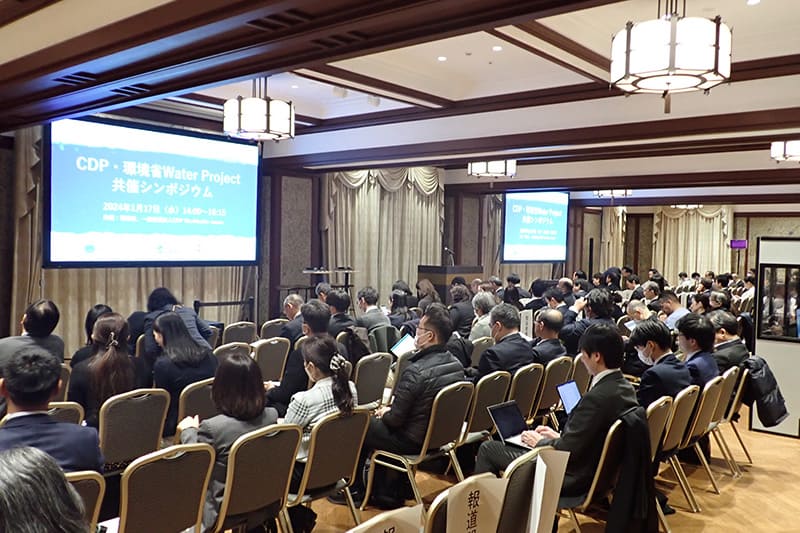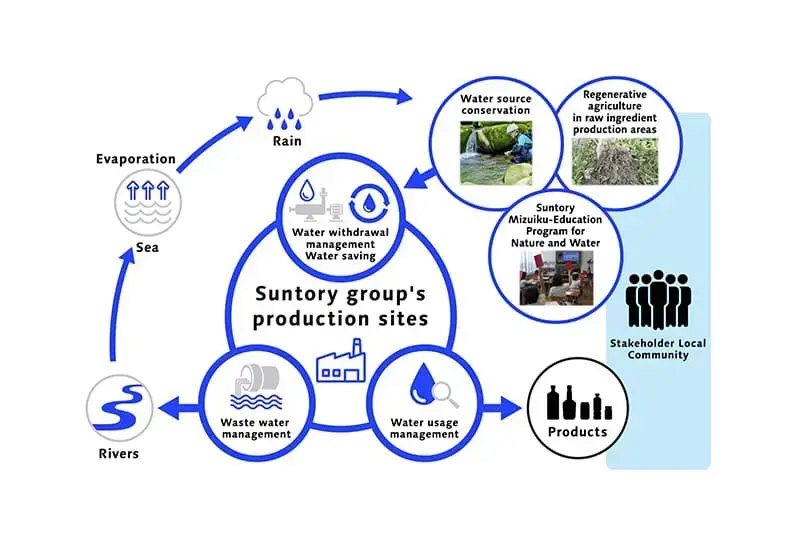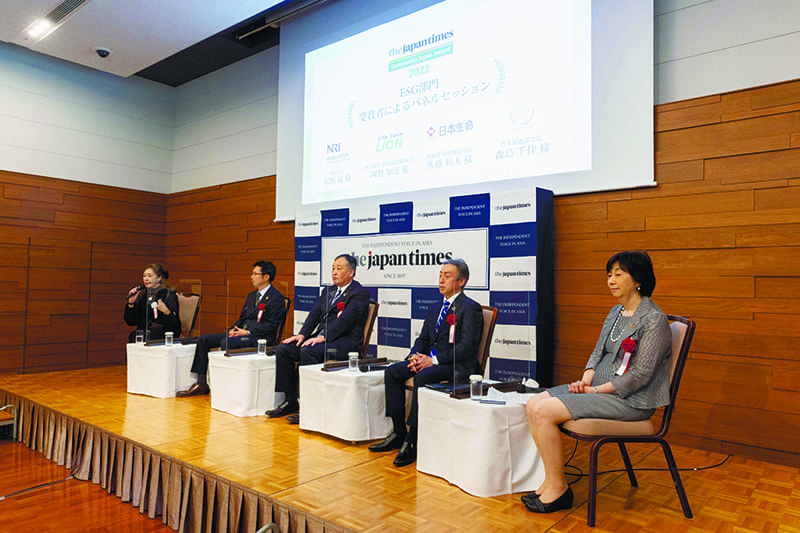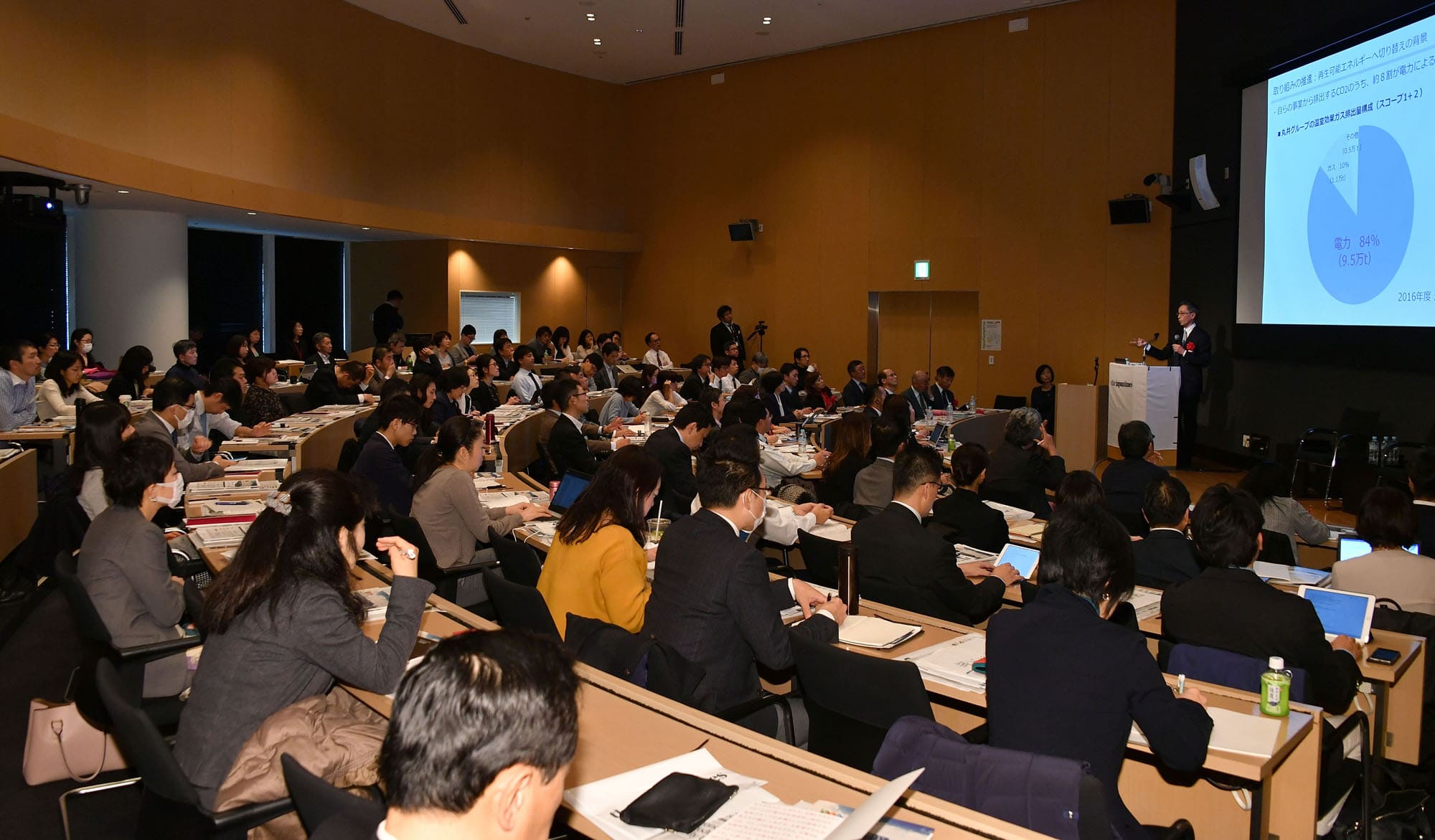November 06, 2024
Disaster-prone Japan must shift to sustainable resources
Japan Times ESG Consortium Chair
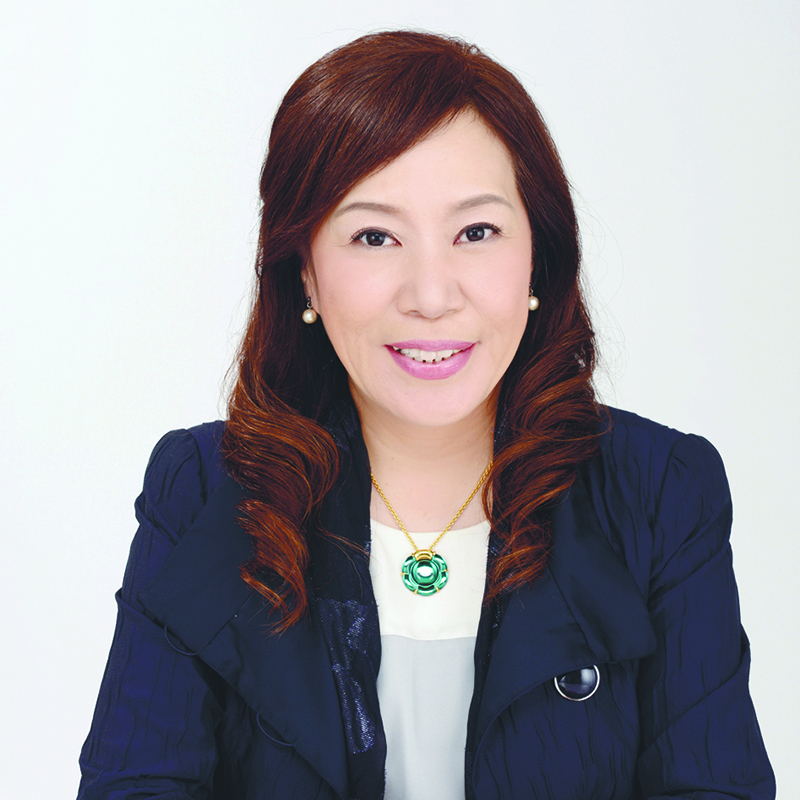
The Sustainable Japan Award focuses on companies, organizations and individuals who have been active in various fields to help realize a sustainable society, and showcases their efforts both in Japan and overseas. In Japan, disasters associated with earthquakes and typhoons occur every year, but this year we have seen the Noto earthquake at the beginning of the year, large typhoons and record-breaking heat, and have really felt the horror of these disasters occurring one after another. With disasters becoming more severe and combined, simply following the traditional responses is insufficient. Japan, an island nation where about 70% of the land is covered in forest, is greatly affected by climate change. It is urgent that we plan and take action to adapt to it. Economic growth is essential for the realization of a sustainable society. I would like to raise awareness concerning the importance of utilizing natural, human and financial resources.
Sumitomo Mitsui Trust is implementing initiatives aimed at achieving carbon neutrality and building a robust supply chain. It is building long-term trust with its customers and working on advanced investor engagement ahead of other companies. It has the kind of organizational capabilities that can be said to be the source of sustainable management, which can flexibly evolve and transform its business model in anticipation of environmental changes. It is promoting the coexistence of creating social value and economic value.
Wota is developing a system for the decentralized small-scale recycling of water that makes it possible to reuse wastewater, with the aim of creating a society that is sustainable in terms of both the global environment and the economy by repeatedly using limited water resources in households. Its system was used after the Noto Peninsula earthquake in January, when the water and sewage systems were cut off. This technology enables us to think about “new water circulation in the future.”
Oji Holdings is involved in three types of recycling: “forest recycling,” which involves sustainable forest management, including growing and harvesting trees and planting new ones; “water recycling,” which involves reducing water consumption by recycling and reusing water in the manufacturing process and purifying wastewater; and “paper recycling,” which involves collecting and recycling paper products. This forest management is important for mitigating climate change by absorbing and fixing carbon dioxide. It contributes to preserving biodiversity by protecting the environment. Oji also provides employment and educational support in collaboration with local communities.
Famiee issues “partnership certificates” for same-sex partners using blockchain technology. By adopting partnership certificates, private companies can provide family-oriented services such as welfare benefits. At present, over 90 companies and organizations, including medical facilities and insurance agencies, have accepted the system. Although the number of local governments in Japan that have partnership systems is increasing, it is not universal. Famiee is working with the aim of realizing a society where diverse family forms are accepted as a matter of course.

